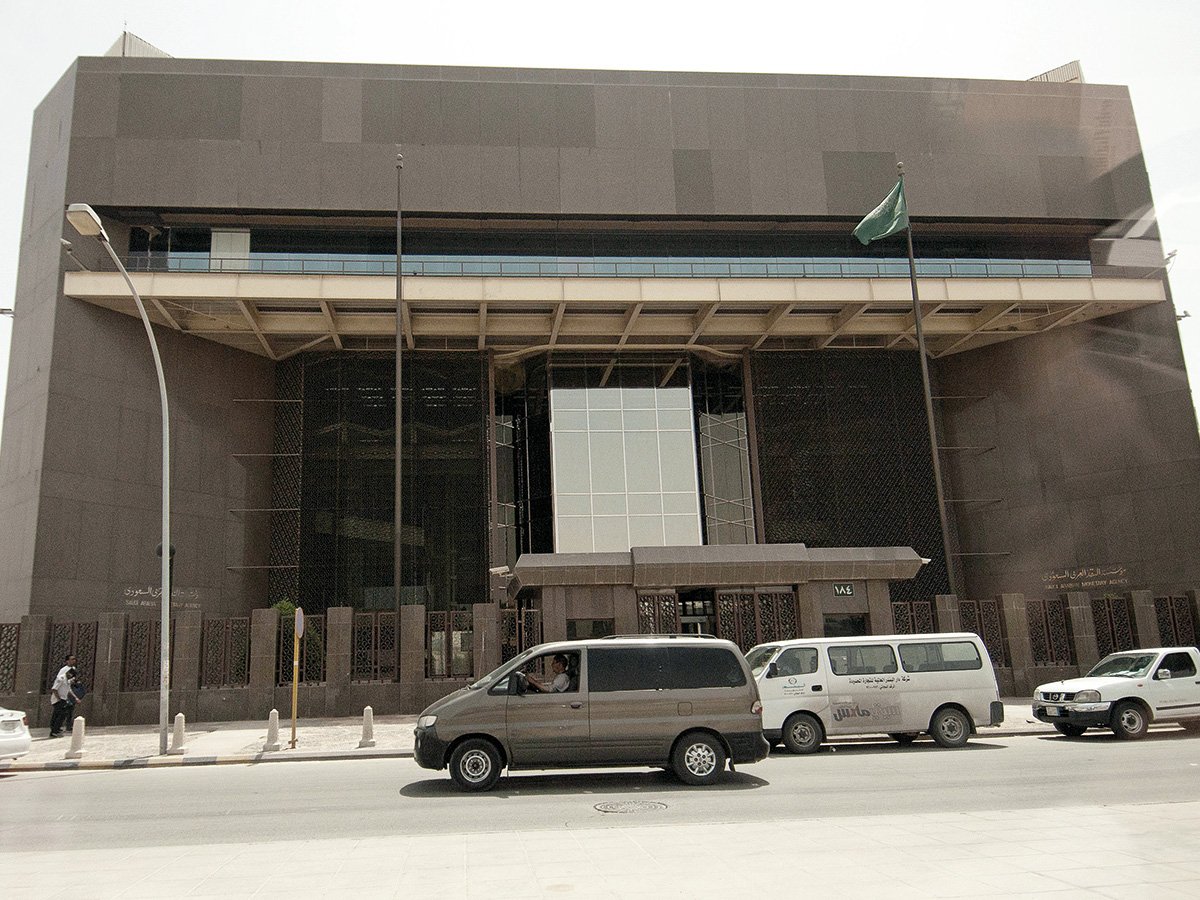Fintech: A force for financial inclusion in Palestine

The global boom in fintech investments in 2021 points to the enormous opportunities that are being unlocked in this dynamic and rapidly evolving space in the post-Covid-19 era. Indeed, transformative and bigger opportunities have been made possible through advancements in digital technologies including big data, artificial intelligence (AI), machine learning, crypto-assets, and blockchain. Strictly speaking, these technologies have resulted in the proliferation of fintech startups that aim to provide efficient and cost-competitive solutions to problems in various subsectors such as payments, open banking, personal finances, wealth management, insurance services, and many others.

In recent years, Palestinian policymakers and regulators have started to pay greater attention to the fintech sector and consider its socio-economic impact. For instance, in April 2020, the PMA granted permission for the use of mobile payments services and digital wallets. And in January 2021, it created the National Fintech Taskforce that aims to streamline collective efforts to explore the potential of the fintech sector and promote it in Palestine. However, according to the “National Strategy for Financial Inclusion in Palestine: 2018-2025”, the country is still experiencing low levels of access to, and use of financial services where large numbers of adults remain excluded from the formal financial system.

That being said, it is worth noting that with a mobile phone penetration rate of over 85 percent and an internet usage rate of 70 percent, there could be a massive role for fintech startups in achieving the national ambitions of financial inclusion through digital technology. Palestine’s youthful and tech-savvy population (around 65 percent are below the age of 29) can also provide the fertile ground for the adoption of innovative tech-enabled solutions in financial services. Undoubtedly, raising awareness of the importance of financial inclusion, upgrading the digital infrastructure across the country, and reforming the regulatory environment still represent some of the key pre-conditions on the path towards achieving greater financial inclusion in Palestine through harnessing, developing, and investing in fintech solutions.
Source: Wamda













